Oratory of San Pellegrino
This medieval oratory decorated in magnificent frescos was constructed after Charlemagne received a vision.
Bominaco is a small hamlet located about 18 miles (30 kilometers) from the regional capital of L’Aquila. It’s a region that boasts an extraordinary testament to 13th-century Italian religious art. Between the hamlet and the ruins of a castle are two churches that remind visitors of the site’s ancient monastic community.
The Benedictine Order, centered around the powerful Abbey of Farfa, constructed a monastery here on lands gifted by Charlemagne. Established in 1263, it’s believed the oratory was built over the tomb of Saint Pellegrino of Syria. The oratory derived from a dream in which a pilgrim pleaded with Charlemagne to honor the saint.
Inside the rather modest oratory are extraordinary works of art. Four religious-themed frescoes cover the walls. They depict the Childhood of Christ, The Passion, and the Last Judgment, as well as Saint Pelligrino. The frescoes were greatly influenced by Byzantine-Roman art. A beautifully preserved calendar complete with the lunar cycle, liturgical dates, and representations of monthly agricultural chores and the seasons also graces the walls.
The interior of the building was divided in half by two plutei, complete with depictions of a griffin and a dragon. These helped separate the presbytery from the space designated for the congregation. Geometric patterns and stars adorn the ogival vault.
Above the oratory, the Abbey of Santa Maria Assunta is nestled among the trees. It’s among the most impressive examples of the Romanesque style in the Abruzzo region.
Know Before You Go
Upon arrival, visitors must phone the number on the gate. Normally, a custodian will open the church between 9 a.m. and 12:30 p.m. and between 2 p.m. and 7 p.m. (in the winter season, closing time is 4 p.m.). A contribution for the lighting of the oratory is expected.
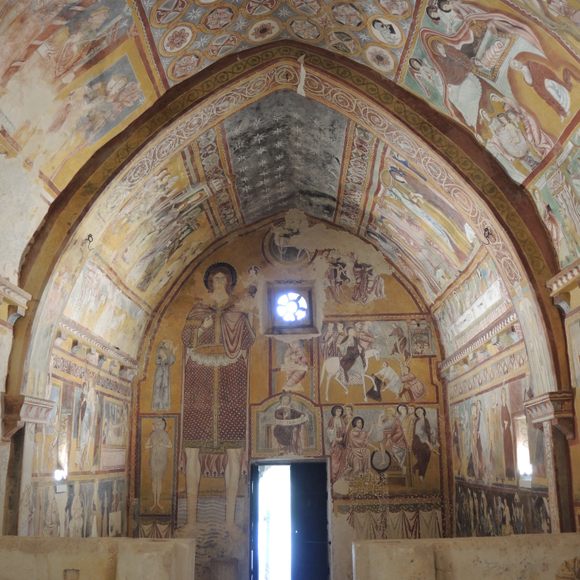









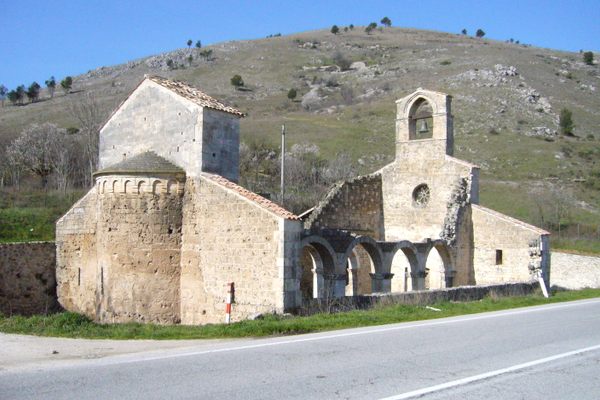
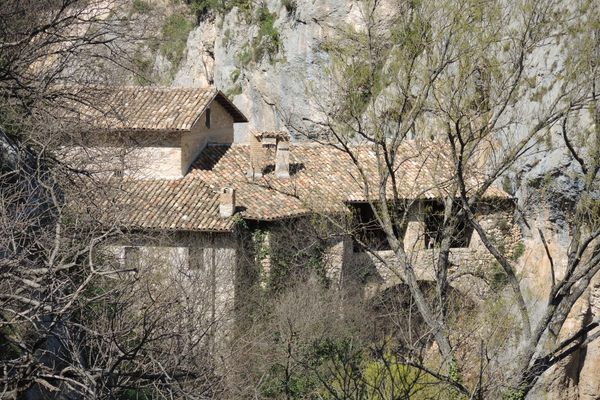
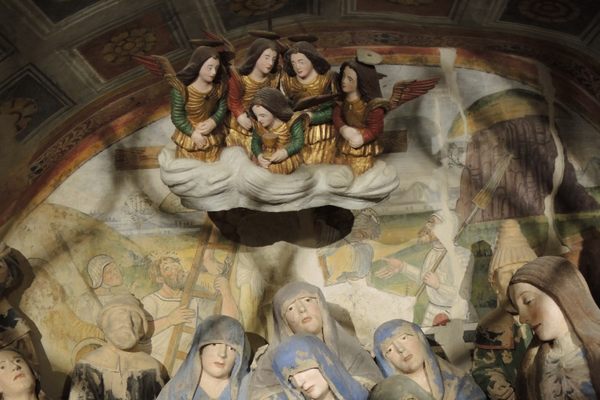



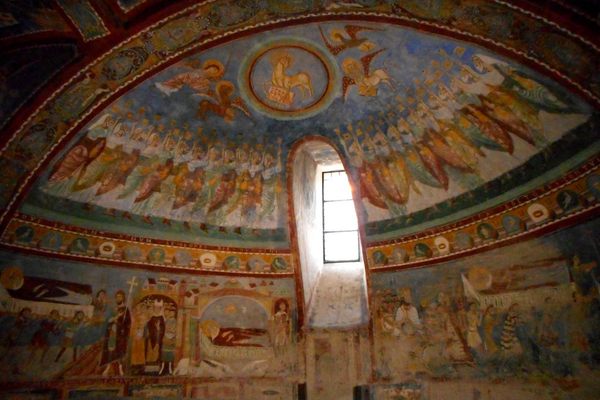

Follow us on Twitter to get the latest on the world's hidden wonders.
Like us on Facebook to get the latest on the world's hidden wonders.
Follow us on Twitter Like us on Facebook